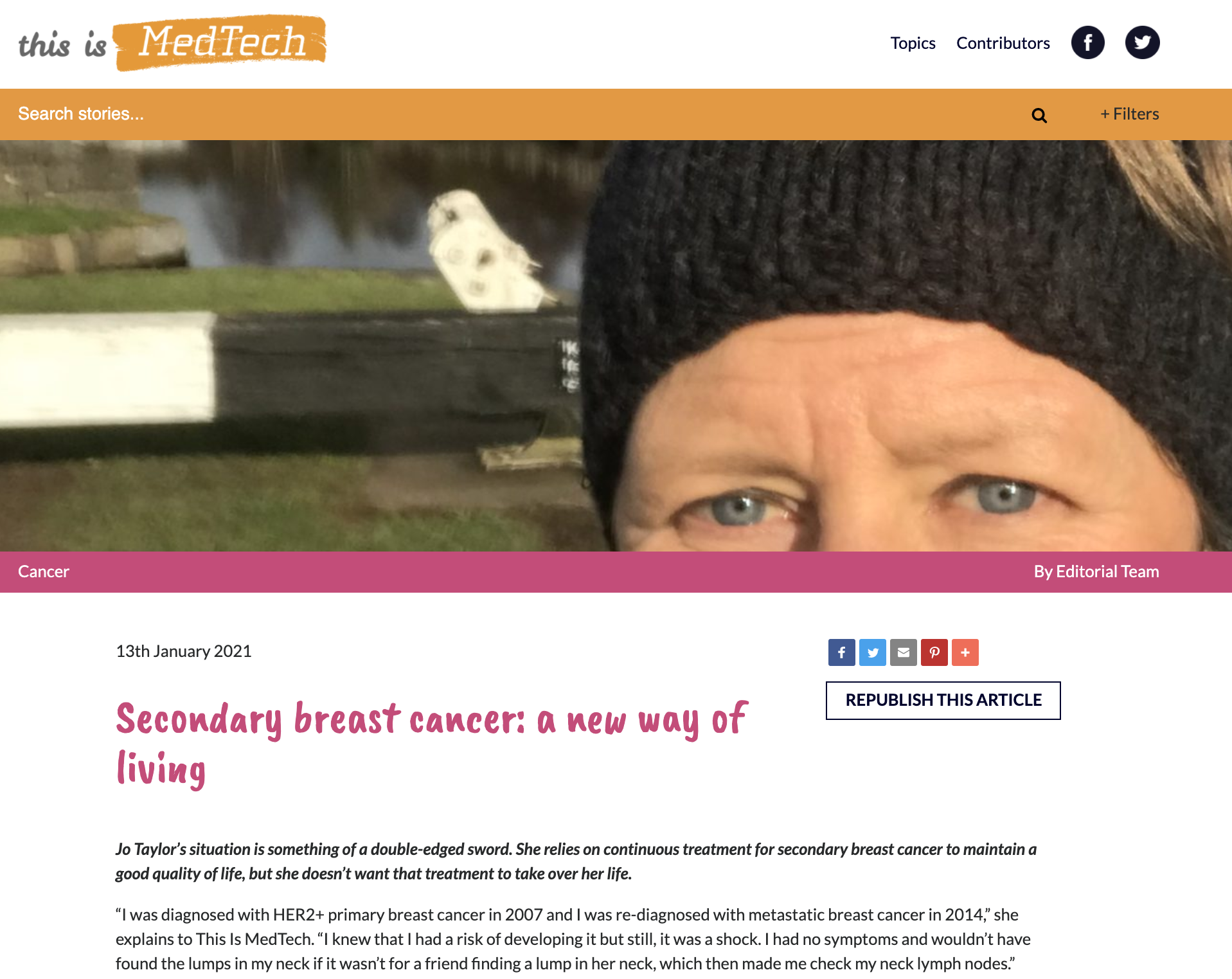
The article, featuring METUP-UK founder Jo Taylor, starts: Jo Taylor’s situation is something of a double-edged sword. She relies on continuous treatment for secondary breast cancer to maintain a good

The article, featuring METUP-UK founder Jo Taylor, starts: Jo Taylor’s situation is something of a double-edged sword. She relies on continuous treatment for secondary breast cancer to maintain a good

We like to think of different ways of getting our message across in different ways, and how do we demonstrate what our lives are like … whilst making use of
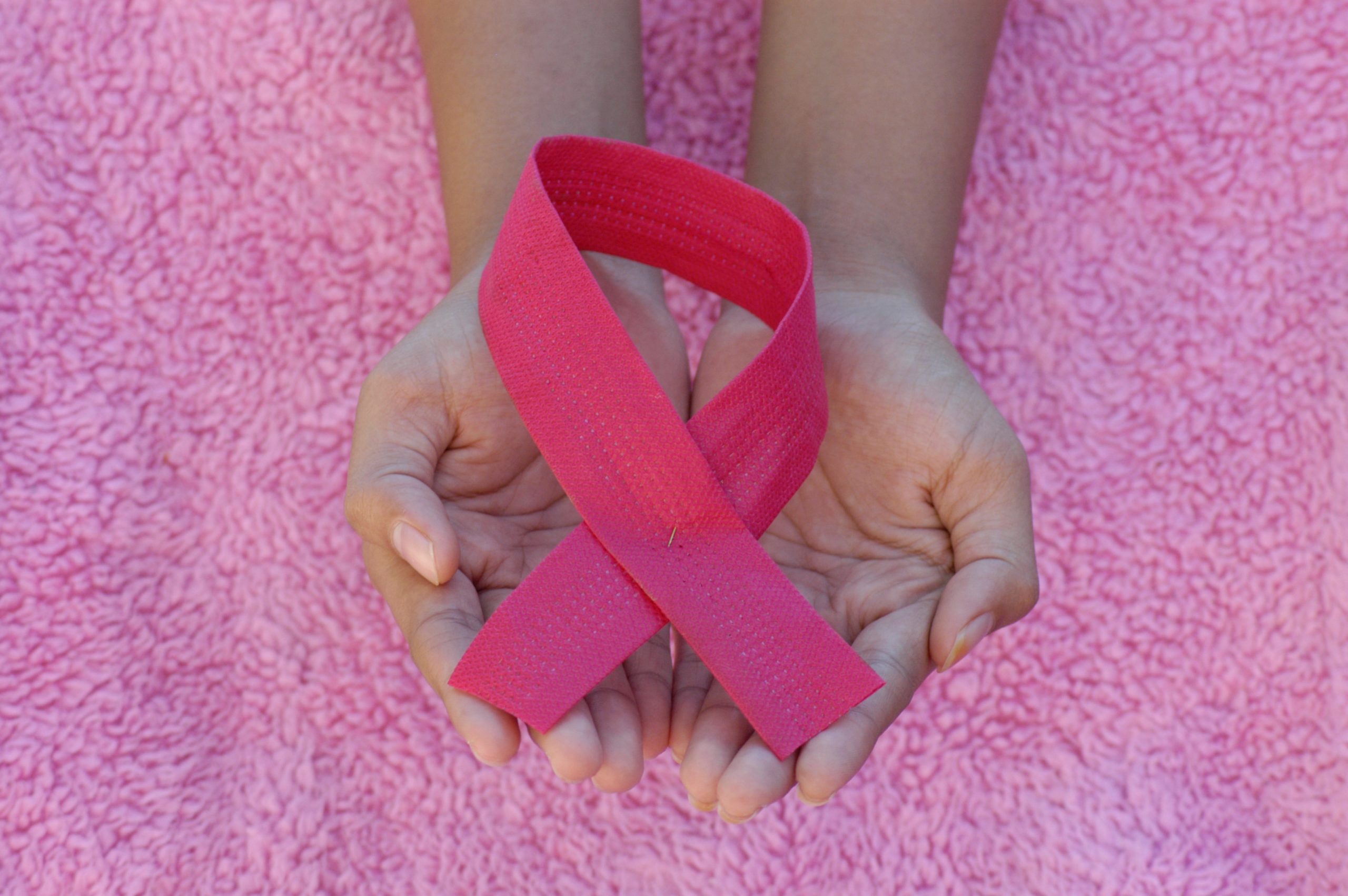
Breast Cancer Awareness Month has now ended. I want to finish with some words about something that’s really bothering me and is being labelled as “prevention”. I was invited via
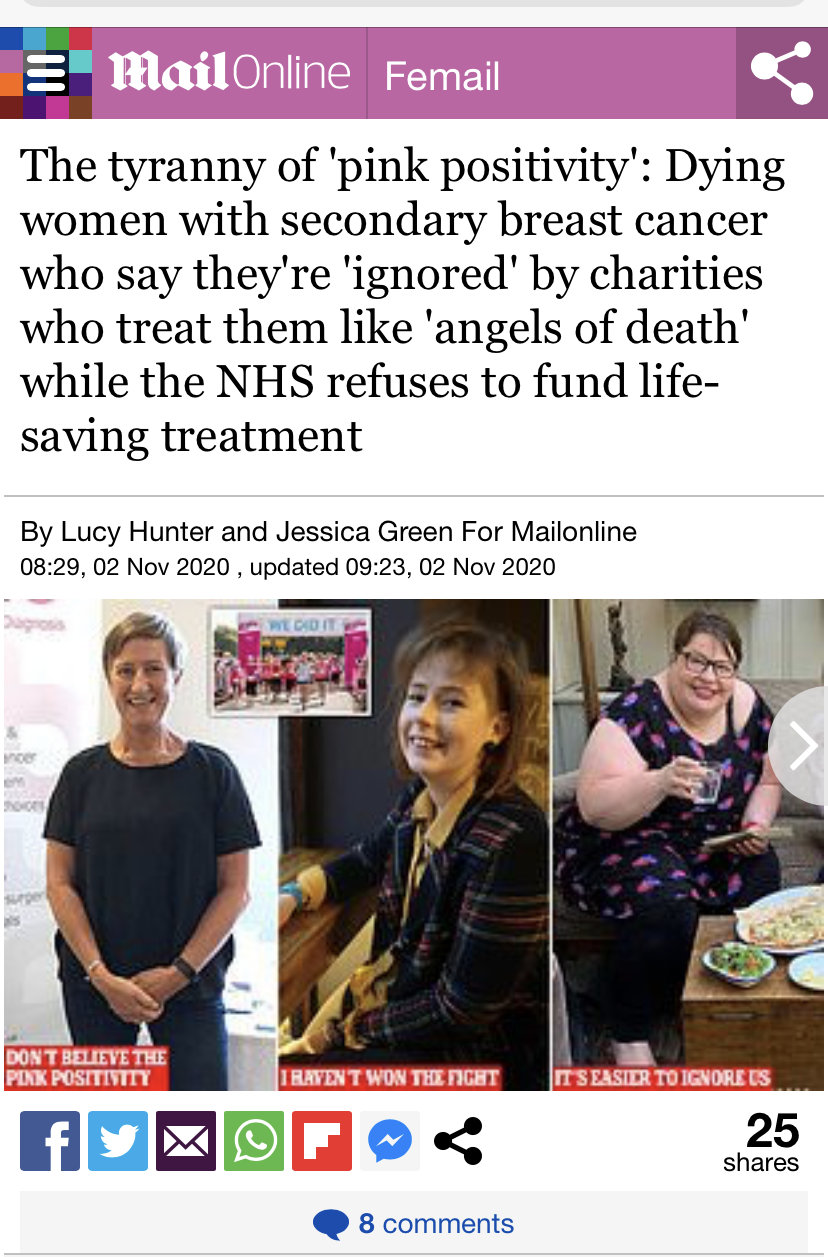
The article starts: They are the women who are dying from secondary breast cancer – but feel ignored by the charities set out to help them. From being labelled the

It’s October, it’s still Breast Cancer Awareness Month, although Secondary Breast Cancer Awareness Day has been and gone… but we’re still very much living with that reality every day. The

Over the past couple of weeks, cancer specialist skincare brand Jennifer Young has featured METUPUK and its founder in a couple of blogs. Introduction to MetUpUk ‘Changing the landscape of
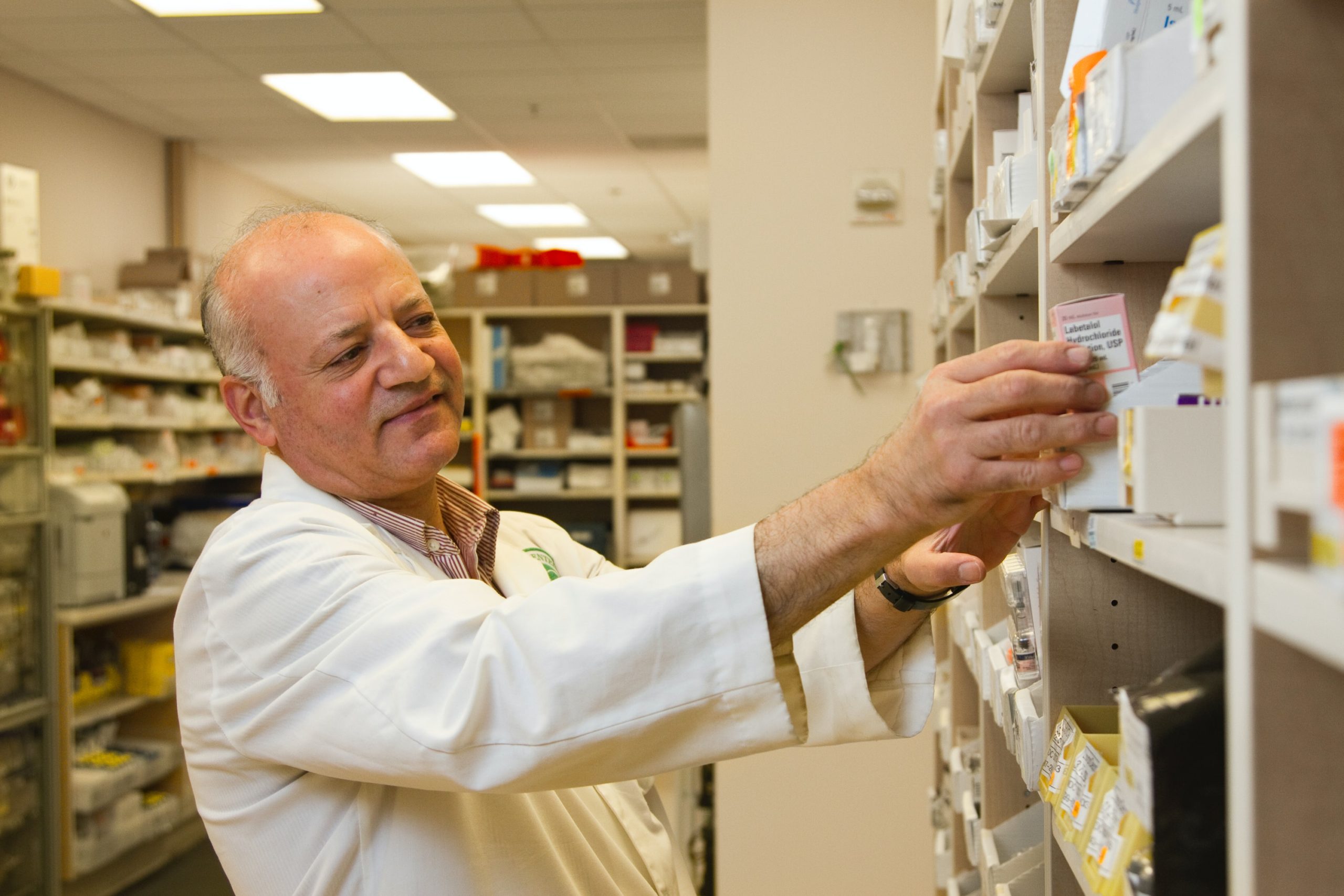
METUPUK are looking for ACTION not just words on this new initiative that was released last week by Matt Hancock the Health Secretary. I’m delighted the UK will be teaming
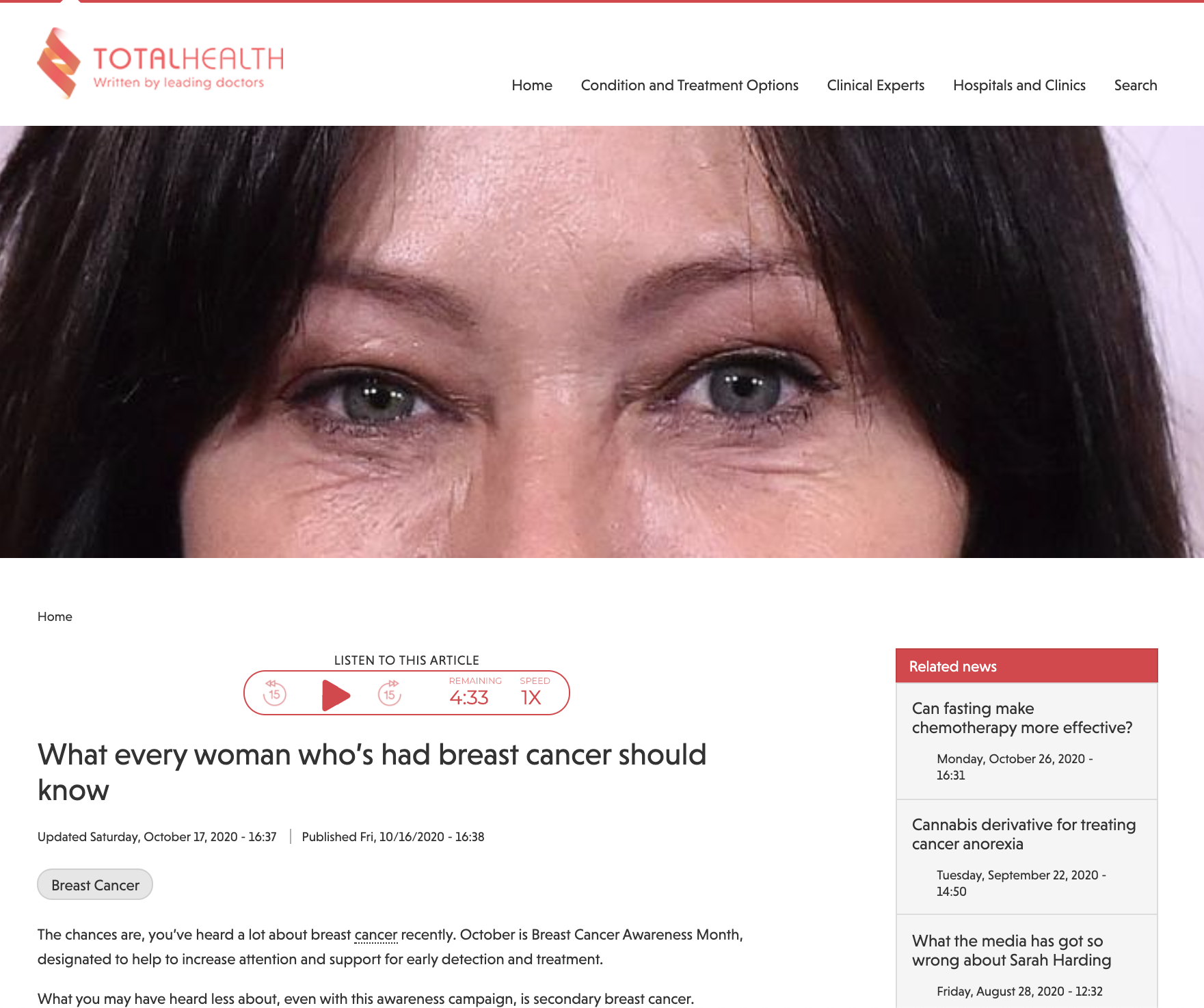
METUPUK founder Jo Taylor, and member Madeleine Meynell featured in this piece in Total Health: Jo, along with other patient advocates, have come together to form METUPUK the only patient advocacy group

#BCYonline: ‘Breast cancer in young women is a complex disease, occurring when these women are at the peak of their reproductive years, family life and careers. Being a somewhat rare
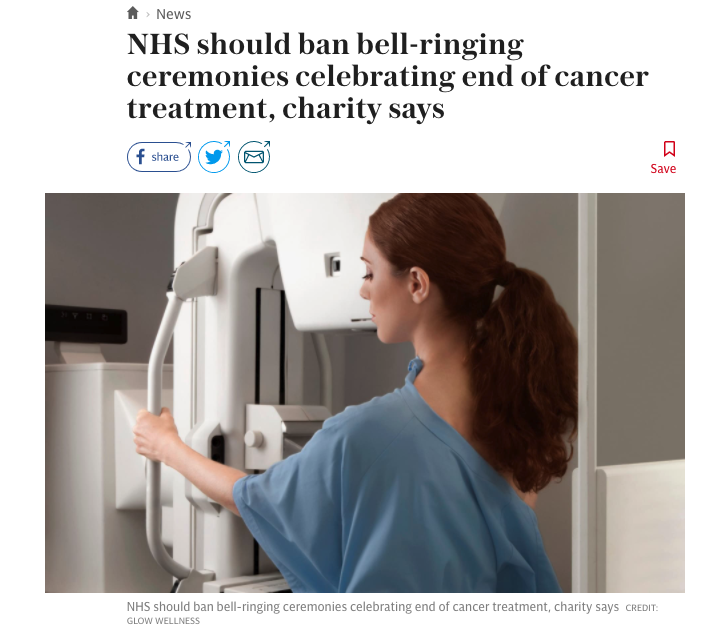
Over recent years, ringing a bell to signal the ‘end of treatment’ such as chemotherapy or radiation has become common in hospitals and clinics within the UK (having originated in